While presiding over a group study session of the Political Bureau of the CPC Central Committee in September last year, he stressed that archaeological work is not only an important cultural undertaking but also has great social and political significance. "Historical and cultural heritages tell vivid stories of the past and profoundly influence the present and future."
Highlighting the importance of archaeological research, Xi calls for paying high attention to archaeological work to provide strong support for promoting a fine traditional culture and strengthening people's confidence in Chinese culture.
Archaeologists participating in the meeting hailed the importance of the Yangshao Culture centered in the middle reaches of Yellow River, saying it was the first named archaeological culture in China.
"The Yangshao Culture was the root and mainstream source during the formation of Chinese civilization," said Wang Wei, president of the Archaeological Society of China. "It marked China's Central Plains as a cultural hub and created a foundation for a united country with diversity in a later period of Chinese history."
In recent years, new findings on the Yangshao Culture have continued to emerge not only in Henan, but also Shanxi, Shaanxi and Gansu provinces, among others, which further uncover its ritual system, craftsmanship, agricultural development, and many more fields.
"Yangshao was a cultural core with a wide and lasting influence." said Chen Xingcan, head of the Institute of Archaeology of the Chinese Academy of Social Sciences. "Its relevant studies also reflect how Chinese archaeologists have picked up where others left off to explore our cultural origin and lineage in the past 100 years."
Tian Kai, director of the Henan Provincial Cultural Heritage Administration, said that the growth of Chinese archaeology in the past century has always been closely connected with an exploration of how modern society should develop.
"Archaeology offers abundant references for our modernization in China, and historical rules reflected through the findings can inspire our path of national rejuvenation leading to the future," Tian said.
"Modern China has its roots in the millennia's ancient civilization," Liu Qingzhu, a senior archaeology researcher at the Chinese Academy of Social Sciences, said. "Archaeology explains our cultural genes. Since Yangshao, Chinese culture has uninterruptedly developed across such a wide geographic area, which is rare in the world.
"By better understanding where we came from, we can advance via a path of lasting prosperity," he said.
Li Boqian, a veteran archaeology professor at Peking University, said wide adoption of high-tech approaches in labs, new research methods, and interdisciplinary cooperation, have greatly benefited Chinese archaeology in recent years, but field research remains the fundamental approach for archaeologists. He said it is also important for modern archaeologists to better explain their archaeological findings to the public.
On Sunday, an archaeological ruins park opened on the site of Yangshao village to display the achievements of academic research to the public.








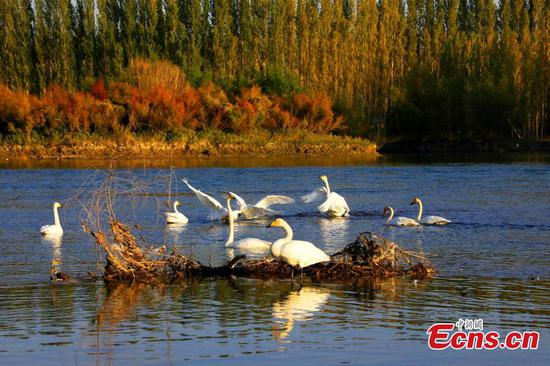
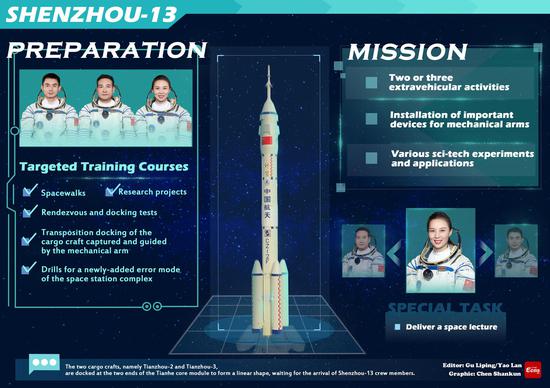
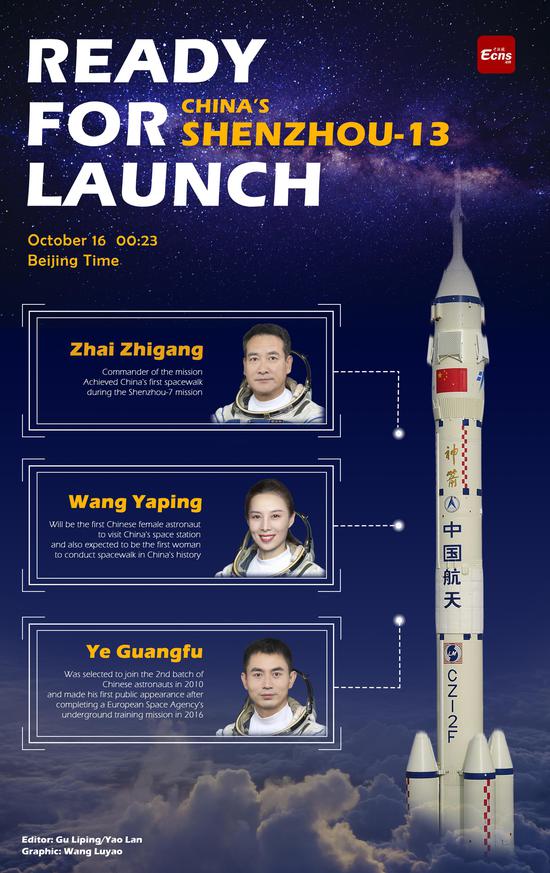
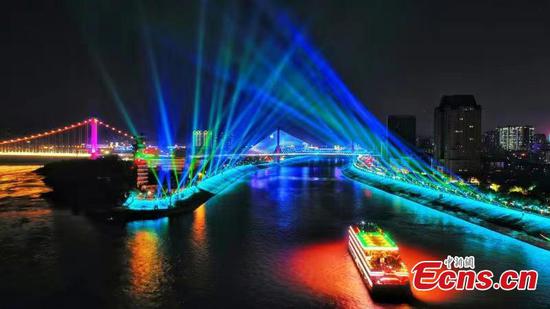
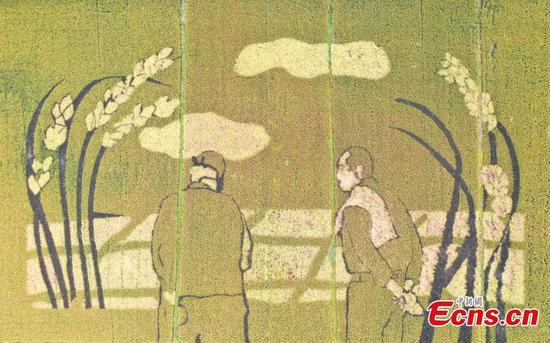
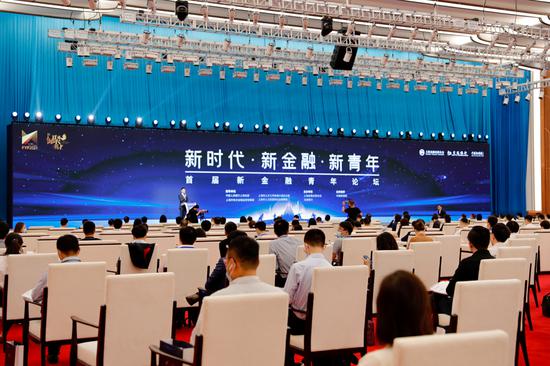
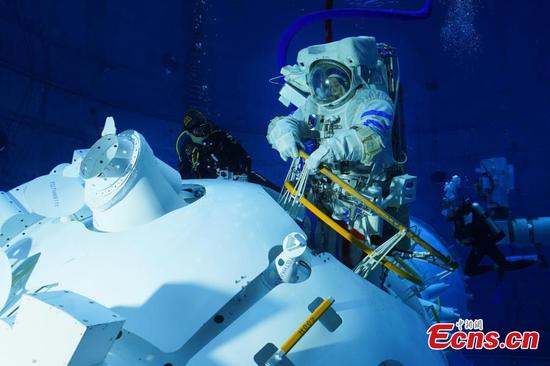
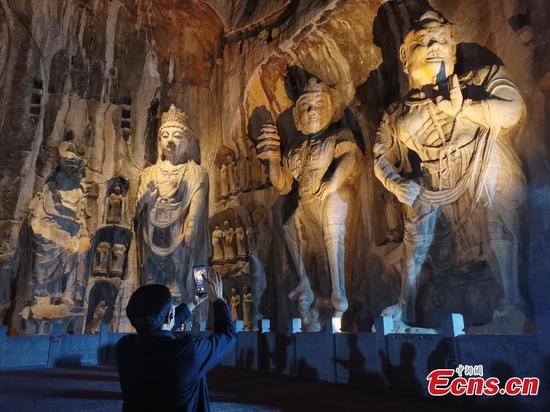
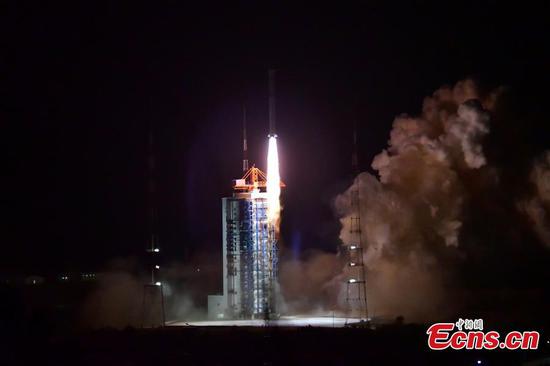
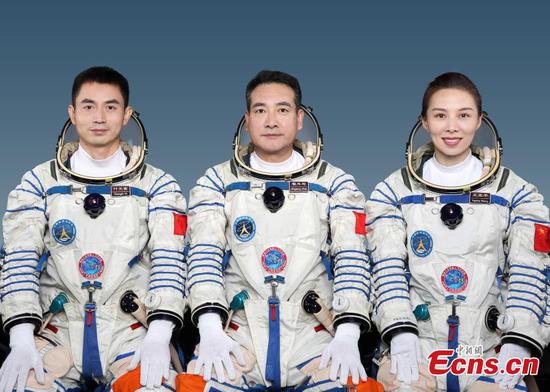
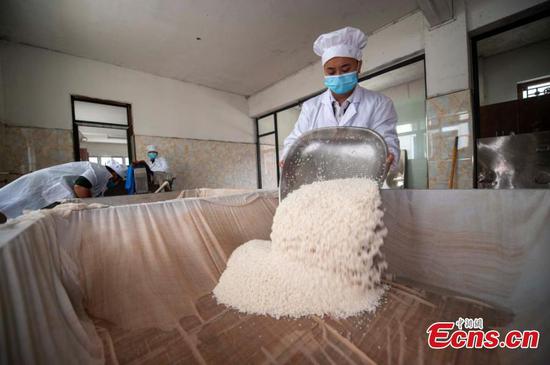
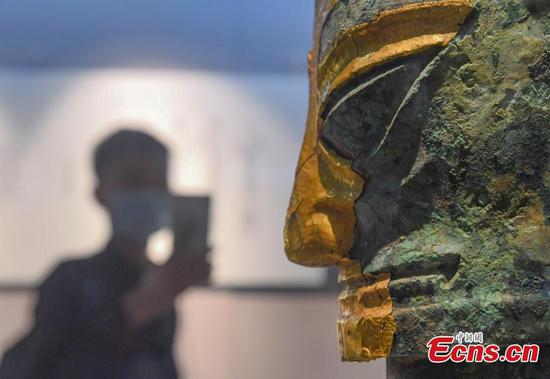


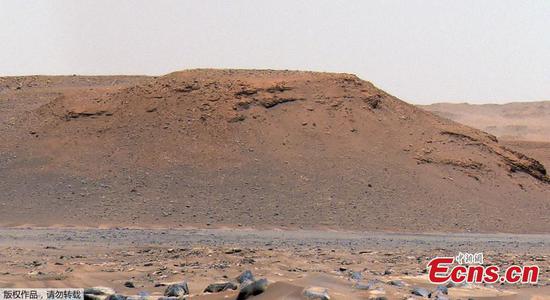
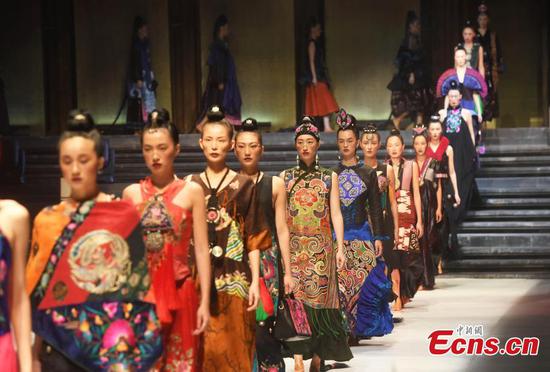
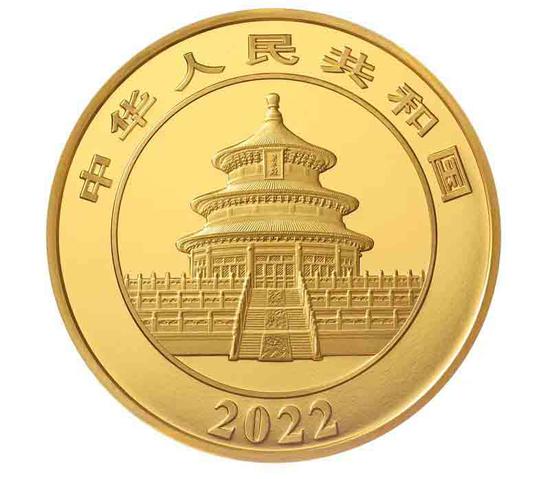
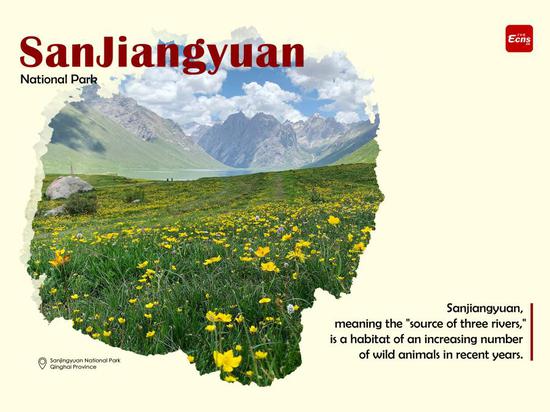
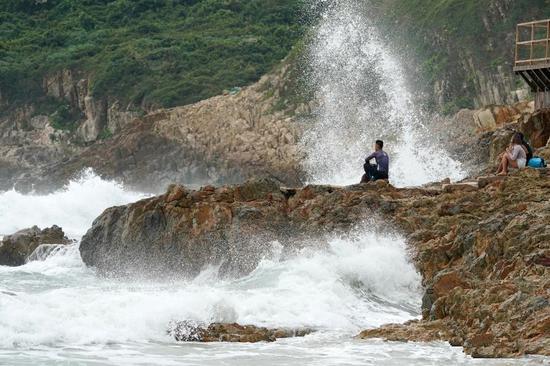
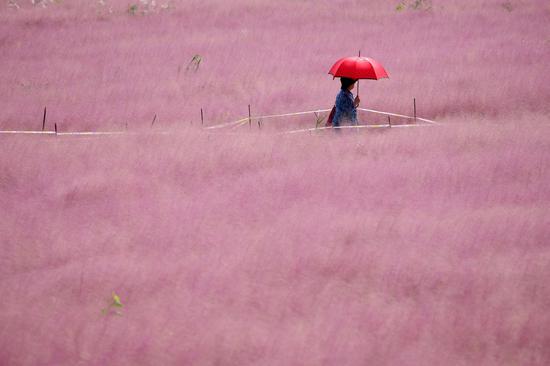
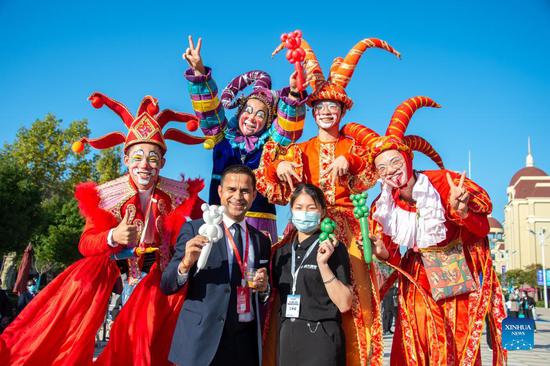
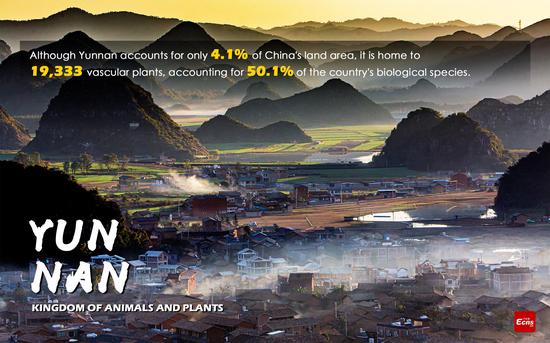
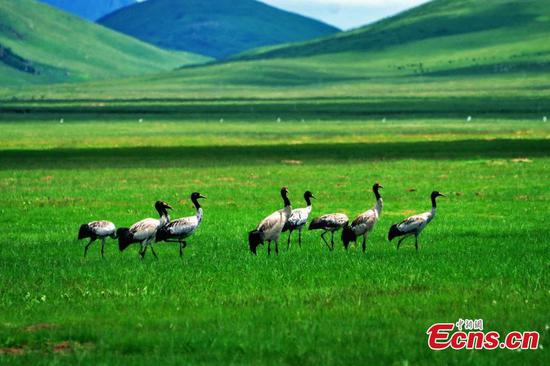
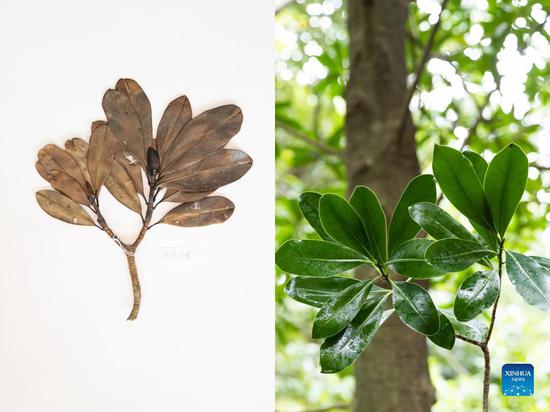
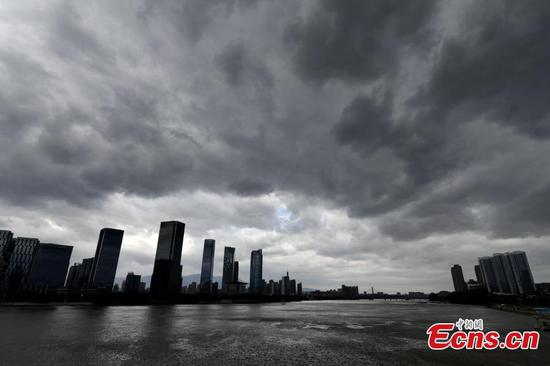
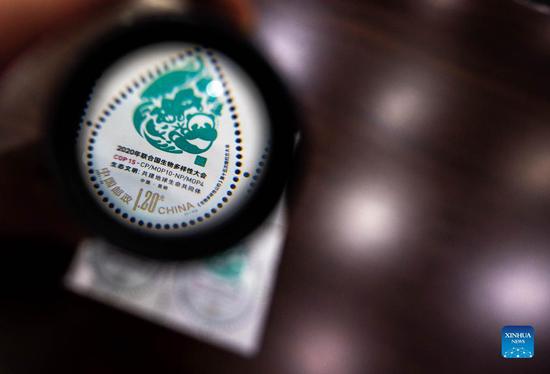
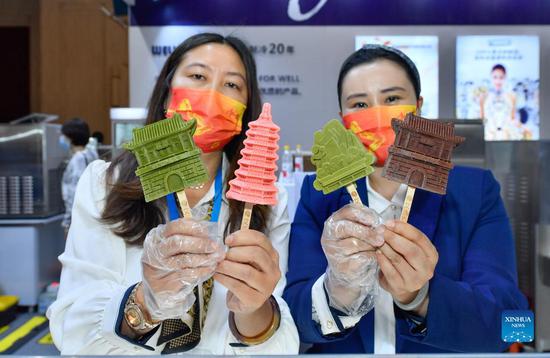
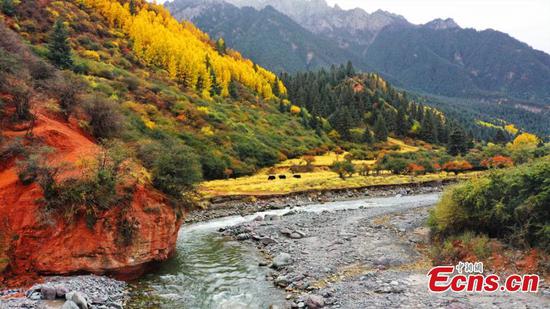
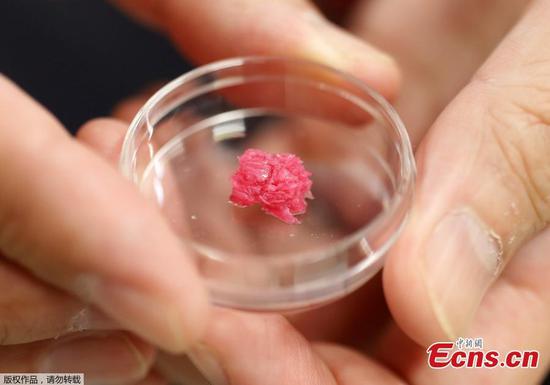
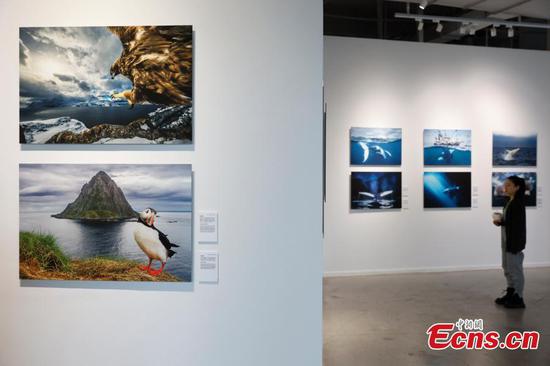
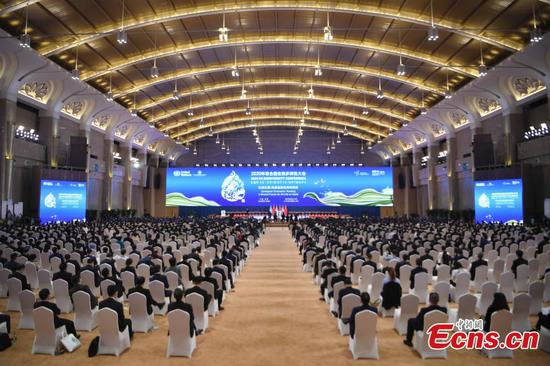
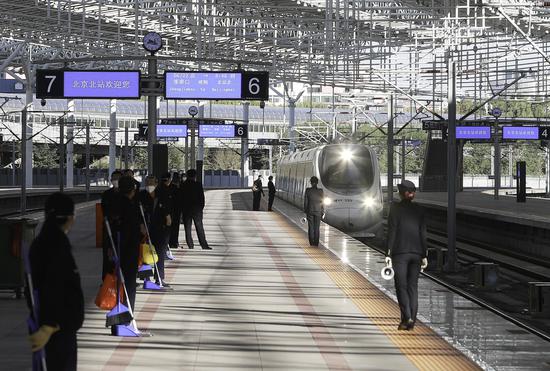
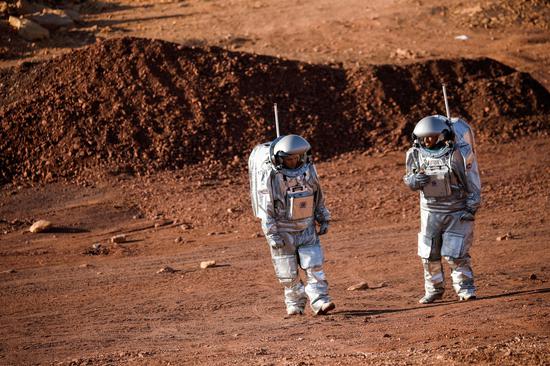
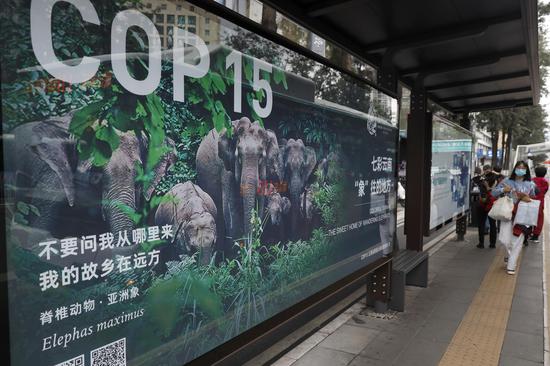
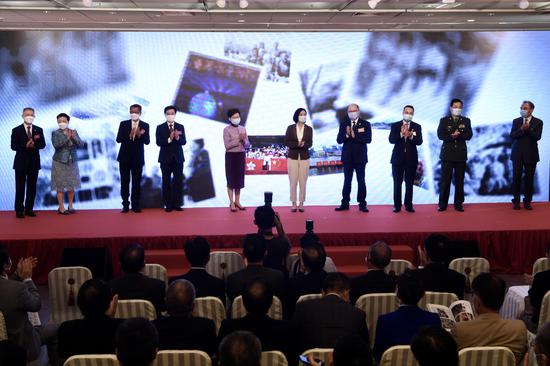

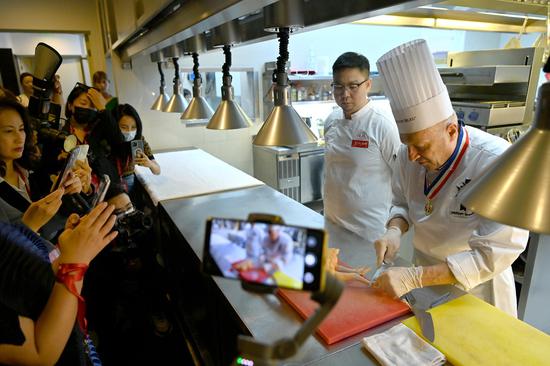





 京公网安备 11010202009201号
京公网安备 11010202009201号